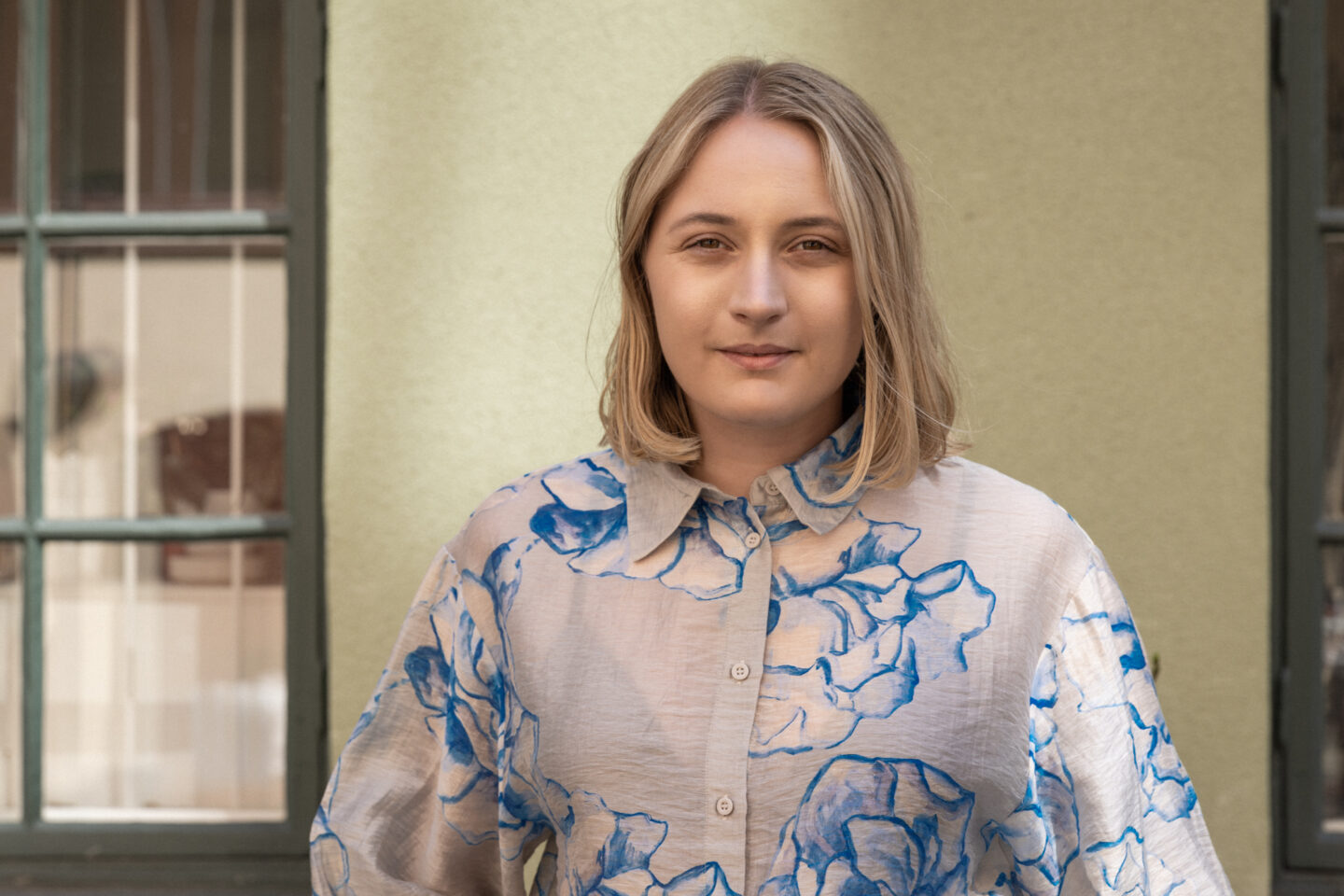The summer is coming to an end and the students have to return to the universities, for some it will be the first time. I can feel your tingling in my stomach, about those first steps towards the main building. When the doors open to the campus and you get to take the first steps inside. For some it will instead be that the computer is turned on, then it is of great importance that the education given has good conditions for being digital, and so that you as a student will continue to get a good study time (even if it will be digital).
It is noticeable that the parliamentary election is just around the corner. Soon we, you and I, will go to the ballot box and cast our vote for the party we trust and want to show our support. No matter who you choose to vote for, your vote matters.
In the news and newspaper editorial offices, there are many people who press keys. They talk about the latest political developments. Interesting is the new wave's discussion of politicians' backgrounds. Who should our elected representatives be? Should they have academic experience and with that be seen as more qualified to decide on Sweden's future?
I have also listened to Sweden's radio's Summer in P1. There are several who talk about experience from studies and work at universities and colleges. About why they chose a certain path and how the educational journey took place. There are also several who turn to the politicians, just as we at SFS do. In the hope that we can contribute to a better future and make the university accessible to more people.
The SFS political program states that:
The idea of the knowledge society is based on the fact that the independent and democratic academy has a central role for the development of society and the common welfare. The academy's importance and special position is legitimized through high quality, broad popular support and a high degree of student influence and collegial co-determination.
The knowledge society is permeated by a conviction and insight that higher education benefits both the public and the individual. Everyone's equal opportunity for higher education is a foundation in how the university is governed and operates, and it is a matter of course that the education is free of charge for everyone.
There is also a comprehensive security system which, combined with decent social and economic conditions in general, provides good conditions for students to pursue higher studies. The knowledge society is a global concern and extends across national borders.
We hear several political parties that in one way or another want to strengthen the knowledge society. Here at SFS, we believe that it is important that reforms are proposed with thought. That the impact analysis is done and that several perspectives are taken into account.
Some of the most prioritized issues for students and newsrooms are students' finances and housing situation. The students' finances can be improved, this can be done by reviewing the student aid system, including increasing grants and loans or changing how the free amount is regulated. Our proposal is that the free amount should remain, but that it should only apply to the time that the student is studying (which for many had meant that they could work without worry during the summer and that it had not had a negative impact on their studies or CSN).
Several of the proposals presented need to be met by more reforms. This refers, among other things, to matching on improving Sweden's public transport. Several of us have traveled this summer. Which was met with stationary trains, canceled departures and in some (for me personally) many cases when trains were not offered. This autumn we will visit more study locations and I hope that there will be some improvement. Unfortunately, it is a challenge to find good connections and it is striking that the Swedish train network needs an upgrade and above all, more departures. For that, we need, among other things, more tracks and more train drivers. We travel sustainably with public transport, but we need more departures to take part in. The knowledge society and the sustainable society need to meet.
Common to several are issues of crime and punishment. We at SFS want to respond to this with another priority issue: school. Just over one in five students does not complete their studies or leaves with incomplete grades. We would have liked to see a higher number and see it as a matter of course that students should receive support and help to leave primary school ready for post-secondary education. Many of the problems that arise in the past are not dealt with. It is not uncommon for the university to prepare the students for their studies, even if they have had time to become students here and there is an expectation that the prior knowledge should be good. Several investigations are ongoing and I am hopeful for some clarification. That more people should have the opportunity to apply for higher education and have real opportunities to take it on.
It is good for the individual, and for Sweden.
